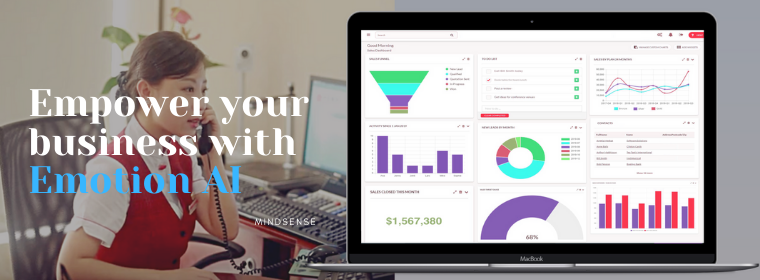 |
| Braving the Epidemic campaign bestowed ET Net’s Health Partnership Awards 2020 |
|
 |
At ET Net’s Health Partnership Awards 2020, Cyberport was awarded “Outstanding Leadership for Social Innovation” (Corporate Social Responsibility category) for Braving the Epidemic campaign in meeting the needs of Hong Kong during COVID times leveraging innovation and technology.
Cyberport developed the campaign and one-stop platform to enable Hong Kong’s citizens, businesses, healthcare workers, and government departments to easily find an array of practical digital solutions and services – all offered by the Cyberport community – to cope with the epidemic and acclimatise to the new normal.
These solutions and services, with more than 60 and counting, mainly in the categories of “Distance Learning and Work from Home”, “Medical and Healthcare”, “Insurance and Relief Funds”, and “Household and Workplace Improvement”, which are all in high demand during the epidemic.
Two of the companies featured in the campaign were also awarded the Health Partnership Awards in recognition of their exceptional Digital Health and Technology innovations. Bowtie was recognised as an “Outstanding Virtual Insurer”, while MediConCen was acclaimed as an “Outstanding Blockchain Medical Platform”.
Peter Yan, CEO of Cyberport, said: “The award really belongs to the entire Cyberport start-up community. As society enters a new normal amidst the epidemic, our start-up community, with a keen sense of social responsibility, has put their passion into action and swiftly adapted their applications, some in a matter of days, to assist Hong Kong to cope with the epidemic and its aftermath. ET Net’s recognition is also testament to the importance of digital technology during this extraordinary time. We look forward to facilitating more innovations for the betterment of Hong Kong in the days and years to come.” |
|
|
|
 |
|